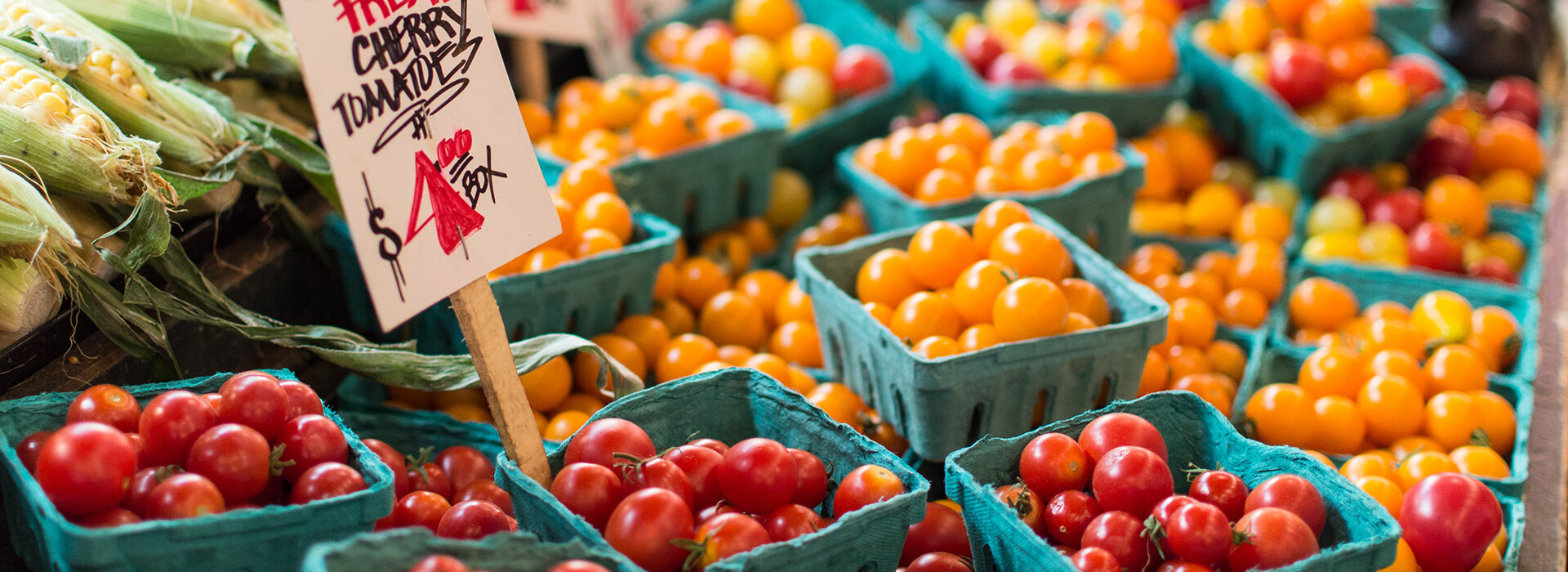10 ways to be a more conscious traveller
You’ve made it through the journey. Your plane has cruised through turbulence, landed safely, you’ve got your luggage in hand, maps downloaded, and you’re ready to go. The start of a new adventure has to be one of the best feelings in the freaking world! You’ve got days ahead of you all filled with new thrills, discoveries, active tourism, or just plain and simple relaxation. No chores, no errands, no notifications (unless you want ‘em!).
The first day of kicking off a trip is always so exciting because of the potential that travelling holds. New memories have yet to be made, good laughs have yet to be shared. Oftentimes during these moments, we’re focused on making this The Best Trip Ever! That’s great—and why wouldn’t you? You bank your money and time for this so you want the experience to be ten-out-of-ten.
In those first hours of the trip (or just before it) here’s another thing to put on the agenda: ethical travel, how to be conscious of it, and habits you’d like to commit to while away from home to become a better global citizen. Travel is a privilege. Being able to experience other cultures, cross borders, afford vacations, and let go of responsibilities are all privileges that many don’t have. Jumping on planes or burning gas on extensive road trips is also not environmentally friendly. (Understatement much?) That’s not to rain on your parade, but while travelling, it could be worth considering how to give back—to the planet and to others. Here are 10 ways to do just that.
1. Practice no trash days…
Sometimes making a change has to happen on a smaller scale first. We can’t all commit to a plastic-free lifestyle 100% of the time. Nor can we all travel via bicycle or sailboat and therefore ensure an emissions-free adventure. (Kudos and serious respect to those who do though!) But it doesn’t have to be all or nothing. Something like signing yourself up for a few days where you generate little to no trash is still a valid action. Do that by cooking at your hostel, bringing reusable containers, donating food you won’t use, or leaving ends of shampoo and sunscreen bottles for the next traveller.
2. … and local businesses only days
Have a day here and there (or an entire trip if you’re inclined) to shop only from locals. As in, skip the chain stores and restaurants, big box stores, and well-known international brands. Buying from local businesses is totally the way to go because not only do you get unique and authentic products, but you're also supporting the local community, helping artisans or restaurant owners thrive, and preserving the culture and traditions of the place you're visiting. Plus, who doesn't love a chance to interact with friendly locals and get insider tips on the best spots to explore? It's a win-win way to give back.

3. Don’t assume everyone can (or will) speak your language
Part of temporarily checking out a new location is feeling misplaced, confused, and a little like a fish out of water. You’re not going to become fluent in the language spoken locally but at least aim to learn some new words and phrases, have a translator at the ready, and lean into non-verbal ways of communicating. Attending a local language exchange adds another layer of depth to your cultural immersion. It's not just about the words you learn, but also the insights into local customs, humor, and nuances that you can gain through conversations with native speakers.
4. Make others’ jobs easier
Is there a worse travel buddy than the friend who unnecessarily creates work for others? People who work in the tourism, hospitality and service industries have tough jobs. Keep your hostel area neat and tidy, stack your dishes at a restaurant, only request clean sheets and towels when necessary (this helps the planet too), engage with your tour guide, honour the local tipping customs, and order when others in your group are ordering so your server doesn't get run off his/her feet. Remember that you’re a guest. Kindness goes a long way.
5. Learn about local Indigenous cultures
Canada (and many other countries around the world) has a prominent Indigenous culture that travellers need to know about. In Canada, there are so many vibrant First Nations events and traditions that visitors would do well to take part in. (You can do this by attending a Pow Wow, visiting a First Nations Reservation, sampling food, or reading Canadian Indigenous authors on your flight over.) Generally speaking, it’s always wise to show up to a place with respect, knowledge and context of cultural wounds and colonial pasts.
6. Respect the environment
This is an age-old piece of advice, but seriously, do what you can to ensure you’re respecting the environment. This can look like leaving no trace on the trails, observing fire bans, picking up after yourself, cycling instead of driving, and travelling with eco-friendly products.

7. Accept cultural confusion
Repeat after me: “Just because my way is different, doesn’t mean it’s the right way.” Ok, now that that’s out of the way, let’s acknowledge that when travelling, there’s likely to be confusion, miscommunication, or minor irritations. With this in mind, take a deep breath and approach these situations with patience and an open mind.
Take the time to understand and respect the customs, traditions, and way of life of the place you're visiting. Be aware of the impact of your actions and words on the local community. Ask for permission before taking photos of people. This way, you're not just a tourist passing through – you're becoming a responsible traveller.
8. Allow dietary flexibility when possible
Diets are personal. Our history with food and the reasons why we do and don’t eat what we do is totally individual. For that reason, take this piece of advice only if it’s relevant to you. Sometimes when visiting a different part of the world, it can be worth it to have a conversation with yourself about whether or not a diet (like vegan, vegetarian, gluten-free, etc.) is easy for locals to accommodate. If it is, great! Sometimes though, certain diets aren’t what locals eat, cook, and supply due to availability, economic issues, or cultural difference. In cases like these, it could be worth exploring whether or not there’s flexibility there or if you can make adjustments to welcome local cuisine and flavours. If you can’t be flexible, consider packing snacks that travel well so that you have a fallback plan.
9. Book independent guides
When possible, hire a local, independent guide. (Or book with companies and hostels that do.) Hiring local guides means you get authentic insights into wherever it is that you’re visiting, revealing hidden gems and unique experiences that you might not have found otherwise. We have also weathered a pandemic together and so someone who is still passionate about showing others their country, town, or city, will surely be appreciative of your loonies and toonies.
10. Bust a negative myth
Is there a negative perception of the destination that you’ve visited that is just… totally off base? If so, help rewrite the story. No place is perfect and similarly, no place is all bad either. You may be exploring a region associated with crime, pollution, “bad” weather, “bad” food, or poor infrastructure. Did that appear to be correct or a myth? What positives can you highlight about the place? Of course, as a visitor, you won’t become an expert or gain full context in just one trip. What you see and experience in a week or two is never the full picture. That said, adding to the conversation positively is one way to travel with grace.
Issue 7



